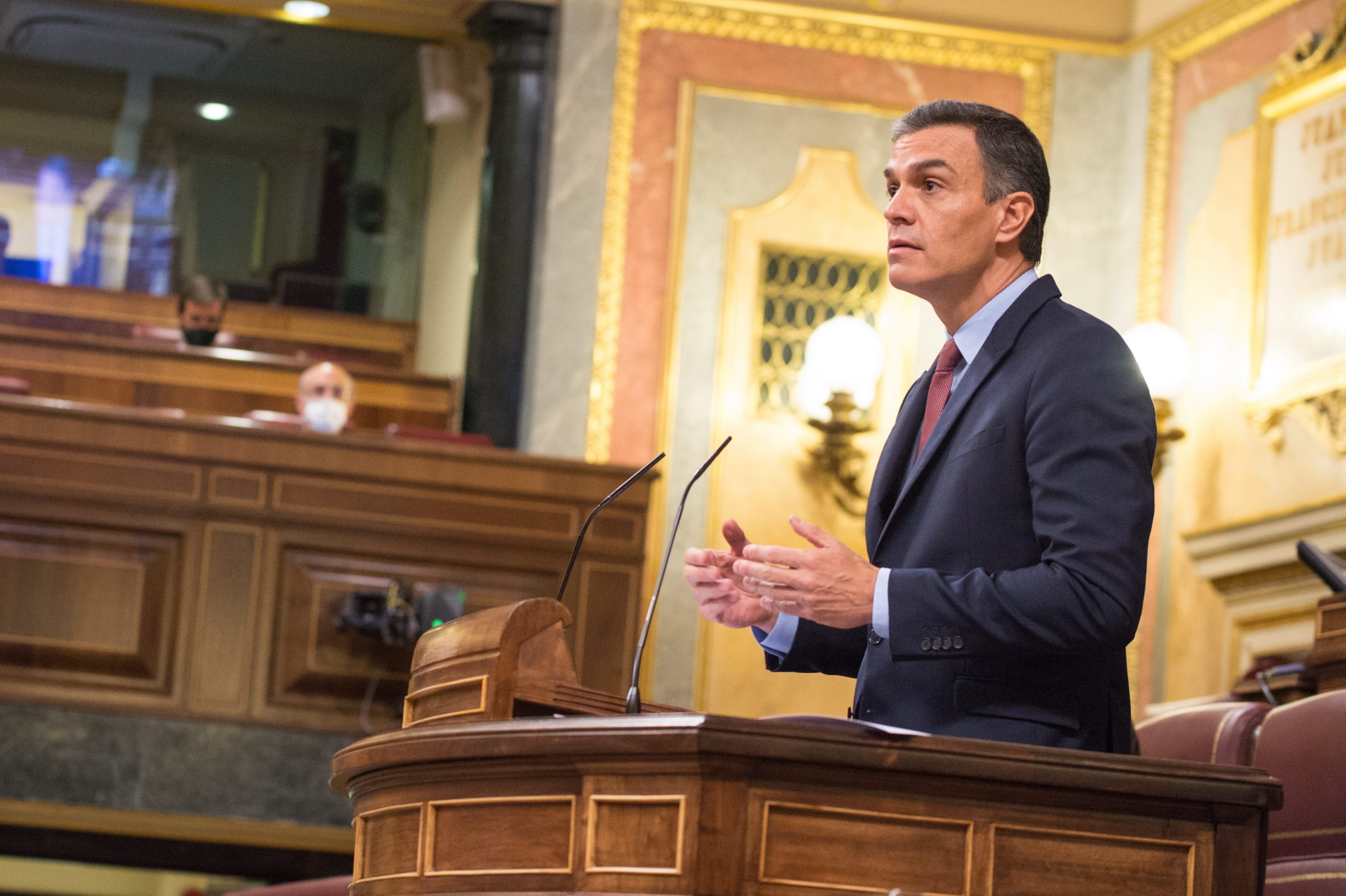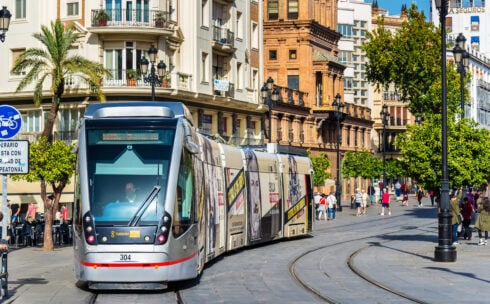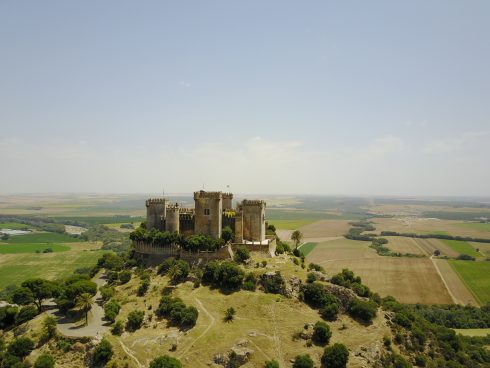IT HAS been nearly four months since Spaniards went to the polls to vote in a snap general election called by Socialist Party leader and caretaker prime minister Pedro Sanchez. The inconclusive result left Spain in political limbo since, but barring any last-minute surprises Sanchez will be voted back into power by lawmakers on Thursday.
How did we get here?
The conservative Popular Party (PP) won the July 23 election but fell well short of a majority, even with the support of far-right Vox. Despite lacking the votes from other parties, PP leader Alberto Nuñez Feijoo was still invited to form a government by Spain’s King Felipe VI. As expected, that bid for power failed at a September investiture debate and vote in Congress.
Since then, Sanchez has insisted he has the votes to become prime minister once more, thanks to support from other parties such as the new leftist alliance Sumar.
When is Sanchez’s investiture debate?
The debate began in Congress on Wednesday morning at 12pm, and is expected to last two days. The session started with Sanchez laying out his plans for government. At the time of publication he was still making his speech, which has no time limit on it according to the rules in Congress.
He is expected, however, to speak until around 2pm at which point the session will go into recess for lunch until around 3pm or 4pm.
Who else will speak at the debate?
After Sanchez, the next speaker is likely to be PP leader Alberto Nuñez Feijoo, who will have 30 minutes to respond to the caretaker prime minister’s proposals.
Then all of the spokespersons for the other parties in Congress will have the same amount of time to expound their own responses.
Sanchez can choose to respond to each of them one by one, or he can wait and pool his responses to several parties in the same response.
It will be up to the speaker in Congress, Francina Armengol, to decide when Wednesday’s session ends.
What will happen on Thursday?
The second day of the debate will begin at 9am, when the parties that did not have a chance to speak the day before can take to the lectern. Once again, the prime ministerial candidate, Pedro Sanchez, will have 10 minutes to respond to each should he want to.
How does the voting work?
Once the debates have been concluded, it will be time for the 350 lawmakers in Congress to vote on whether they support Sanchez’s candidacy as prime minister of the Spanish government.
This is done orally, with each deputy called by name by the speaker of the house, in alphabetical order. They must reply ‘yes’, ‘no’, or ‘abstention’.
How can Sanchez win the vote?
In this first of two rounds of voting, Sanchez needs an absolute majority to win: i.e. 176 votes from the 350-seat house.
In principle, the Socialist Party leader has these votes guaranteed: from his own party, new leftist alliance Sumar, the Catalan Republican Left (ERC), Together for Catalunya, EH Bildu, the Basque Nationalist Party (PNV), the Galician Nationalist Bloc (BNG), and the Canarian Coalition.
In total, he should receive 179 votes.
What happens if he loses the first round of voting?
Such a turn of events is not expected, but as recent years have shown, anything can happen in Spanish politics.
If Sanchez should lose the vote on Thursday, however, there will be a second debate and vote 48 hours later – i.e. on Saturday.
This time the candidate will have 10 minutes to speak, with each other party spokesperson given five minutes to respond.
Then another vote will be held, at which only a simple majority is required for a win – i.e. more yes votes than no votes.
When will Sanchez actually become prime minister?
Assuming Sanchez wins the vote on Thursday, the speaker of the house will convey the news in person to King Felipe VI, at which point the Socialist Party leader will formally be named PM.
The appointment will then be published in the Official State Gazette (BOE) and the prime minister will be sworn into office in the presence of the king.
Read more:
- Demonstrations in Madrid against Catalan amnesty take a surreal turn
- Former Fox News host Tucker Carlson joins far-right Vox leader at anti-Catalan amnesty protests in Madrid
- Why are people across Spain protesting against Pedro Sanchez’s Catalan amnesty deal?
Click here to read more Spain News from The Olive Press.








